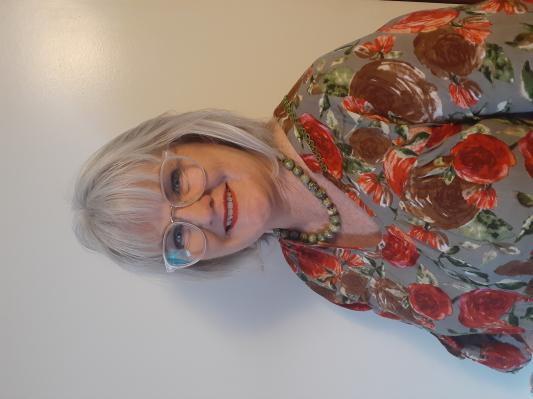By Juliano Oliveira
The number of referrals and supports being provided to victims of sexual violence in the Southern Downs Region has increased 50 per cent over the last 12 months, according to exclusive data from the Domestic Violence Action Centre (DVAC).
Lockdown periods and Covid-19 side effects have contributed to the sharp rise in cases, as women were isolated at home with their partners for more extended periods.
All traumas experienced by sexual and domestic violence victims in the regions are most likely to follow a pattern than if they had happened in large centres.
There is additional complexity for women living in rural and remote areas for not being in urban centres, such as the availability of all ground resources.
Amid this suffocating reality, DVAC’s Service Manager in Toowoomba, Kathleen Turley, warns of the extra component of fear around access to firearms.
“Having access and even licenses to be able to use firearms… we know that those weapons are, in many cases, often used as pieces to intimidate and being able to threaten a partner,” Ms Turley says.
“It can be as simple as even just leaving the weapon out or making reference to the guns at home, leaving shells around in the house as well, as well can also be as additional ways of intimidating or threatening a woman.”
Couples and families living in rural or remote areas may be on properties without residents nearby. For example, whether a domestic issue escalates in an urban centre, neighbours would likely call for police.
According to the Women’s Safety and Justice Taskforce, the average time for police to serve an order is 90 minutes – this increases when a respondent is not easily located in rural or remote locations or does not confirm receipt of a message.
In cities like Warwick and Stanthorpe, where the community knows each other, shame and embarrassment are typical components of the lives of victims of sexual and domestic violence.
“Being able to seek natural support in the community may be quite tricky for a woman because in those instances, what she would then be doing is disclosing the behaviour of her partner,” Ms Turley says.
“Her partner may be well known in the community, or sometimes he may hold a prestigious position. So again, women will not reach out for help.”







